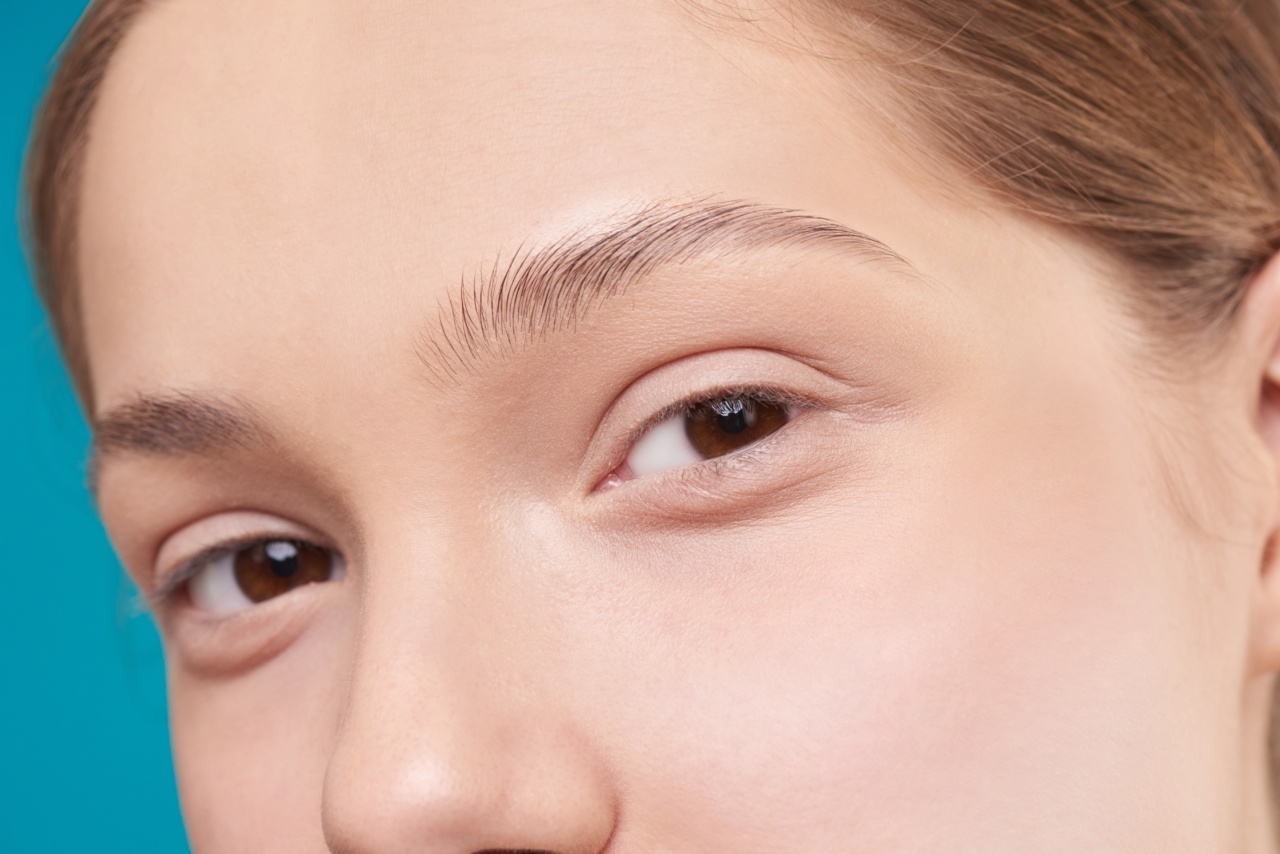Good eyesight is essential for a happy and healthy life. With age, our eyes’ health can deteriorate, leading to blurred vision or even blindness.
However, maintaining good eye health is possible by consuming certain vitamins that help improve eyesight and prevent age-related eye diseases.
VITAMIN A
Vitamin A is one of the most crucial vitamins for eye health. It is responsible for maintaining clear corneas, which are essential for good vision.
Vitamin A also helps the eyes adjust to light changes, protects the eyes from infection, and reduces the risk of dry eyes. A deficiency in Vitamin A can cause night blindness and xerophthalmia, a condition that can lead to blindness if left untreated.
LUTEIN AND ZEAXANTHIN
Lutein and zeaxanthin are two essential antioxidants that protect the eye from free radical damage. They are also crucial for maintaining the macula, the central part of the retina responsible for sharp central vision.
A deficiency in these antioxidants can lead to age-related macular degeneration, a condition that affects millions worldwide and is one of the leading causes of blindness.
VITAMIN C
Vitamin C is an antioxidant that helps prevent cataracts, a condition that clouds the eye’s lens, leading to blurry vision. It also helps reduce the risk of developing age-related macular degeneration.
Vitamin C is also essential for collagen production, a protein that gives structure to the eye and helps it maintain its shape.
VITAMIN E
Similar to Vitamin C, Vitamin E is an antioxidant that helps protect the eyes from free radical damage. It also helps reduce the risk of developing cataracts and age-related macular degeneration.
Vitamin E is also essential for maintaining healthy blood vessels, which is crucial for the eyes’ health since they are highly vascularized.
VITAMIN B2
Vitamin B2, also known as riboflavin, plays a crucial role in maintaining good eyesight. It helps prevent cataracts, reduces eye fatigue, and improves light sensitivity.
Vitamin B2 also improves the eyes’ ability to adjust to darkness, which is crucial for night vision.
VITAMIN B6
Vitamin B6 is essential for maintaining healthy blood vessels in the eyes and preventing age-related eye diseases. It also helps reduce the risk of cataracts and improves the eyes’ ability to adjust to light changes.
VITAMIN D
Vitamin D is known to improve overall health and has been shown to reduce the risk of developing age-related macular degeneration.
It also helps improve the absorption of calcium, a mineral essential for maintaining strong bones, including those in the eye.
OMEGA-3 FATTY ACIDS
Omega-3 fatty acids are essential fats that are crucial for eye health. They help prevent dry eyes and reduce the risk of age-related macular degeneration.
Omega-3 fatty acids also improve blood flow to the eyes, reducing the risk of developing glaucoma, a condition that damages the optic nerve and can lead to blindness.
ZINC
Zinc is a mineral that plays a crucial role in maintaining healthy eyes. It is essential for the production of melanin, a pigment that protects the eyes from the sun’s harmful UV rays.
Zinc also helps prevent cataracts and reduces the risk of age-related macular degeneration.
COPPER
Copper is a mineral that works in conjunction with zinc to maintain healthy eyes. Copper helps reduce the risk of developing cataracts and is essential for the production of melanin, similar to zinc.
In conclusion, maintaining good vision is easy by consuming a balanced diet rich in the vitamins and minerals mentioned above.
Adding these vitamins to your diet can help improve your overall eye health and protect your vision, reducing the risk of developing age-related eye diseases.































